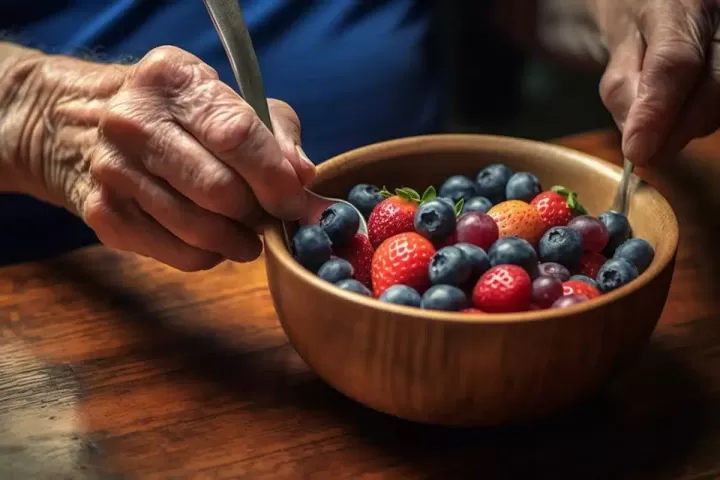Investigating the Impact of Flavanol Consumption on Memory Performance in Older Adults
In the realm of cognitive aging, the investigation of natural compounds’ potential to enhance memory functions has garnered significant attention. Recent research has shed light on the role of flavanols, a subclass of flavonoids abundant in certain foods and beverages, in promoting cognitive health and mitigating age-related memory decline. These compelling findings suggest that regular consumption of flavanol-rich sources may hold promise as a proactive strategy for maintaining and improving memory performance in older adults.
Flavanols, widely present in foods such as cocoa, tea, and berries, have attracted scientific interest due to their potential cognitive benefits. Multiple studies have explored the association between flavanol intake and memory performance, with a particular focus on older adults who are more vulnerable to age-related cognitive decline. These investigations have indicated that flavanol consumption is correlated with enhanced memory functions, including improvements in episodic memory, working memory, and cognitive flexibility. Furthermore, neuroimaging studies have revealed that flavanol intake may exert positive effects on brain regions involved in memory processes, potentially underlying the observed cognitive enhancements.
The mechanisms underlying the observed cognitive effects of flavanols are multifaceted. Flavanols possess antioxidant and anti-inflammatory properties, which can counteract oxidative stress and inflammation, both of which contribute to cognitive decline. Additionally, these natural compounds have been shown to enhance cerebral blood flow and neurovascular coupling, promoting optimal brain function. Moreover, flavanols may interact with cellular signaling pathways involved in synaptic plasticity and neurogenesis, crucial processes for memory formation and maintenance.
The potential implications of these findings are significant. With the global population aging rapidly, interventions that can effectively ameliorate cognitive decline and improve memory performance are of paramount importance. Flavanol-rich dietary sources offer a natural and accessible avenue for supporting cognitive health in aging individuals. Incorporating flavanol-rich foods and beverages into daily diets may serve as a preventive measure against age-related memory decline, potentially enhancing overall cognitive well-being in older adults.
While the association between flavanols and memory in aging appears promising, several challenges warrant further investigation. Variations in flavanol content across different food sources and discrepancies in study methodologies pose challenges in establishing standardized guidelines for effective flavanol consumption. Furthermore, the long-term effects, optimal dosage, and potential interactions with other lifestyle factors need to be carefully examined to fully comprehend the role of flavanols in memory enhancement and cognitive aging.
The emerging body of research highlighting the positive association between flavanols and memory performance in aging individuals underscores the potential cognitive benefits of these natural compounds. By incorporating flavanol-rich foods and beverages into regular diets, older adults may harness the neuroprotective properties of flavanols, potentially mitigating age-related memory decline and promoting cognitive resilience. However, continued research, including well-designed clinical trials and mechanistic investigations, is necessary to unlock the full therapeutic potential of flavanols and guide evidence-based recommendations for cognitive health promotion in aging populations.


